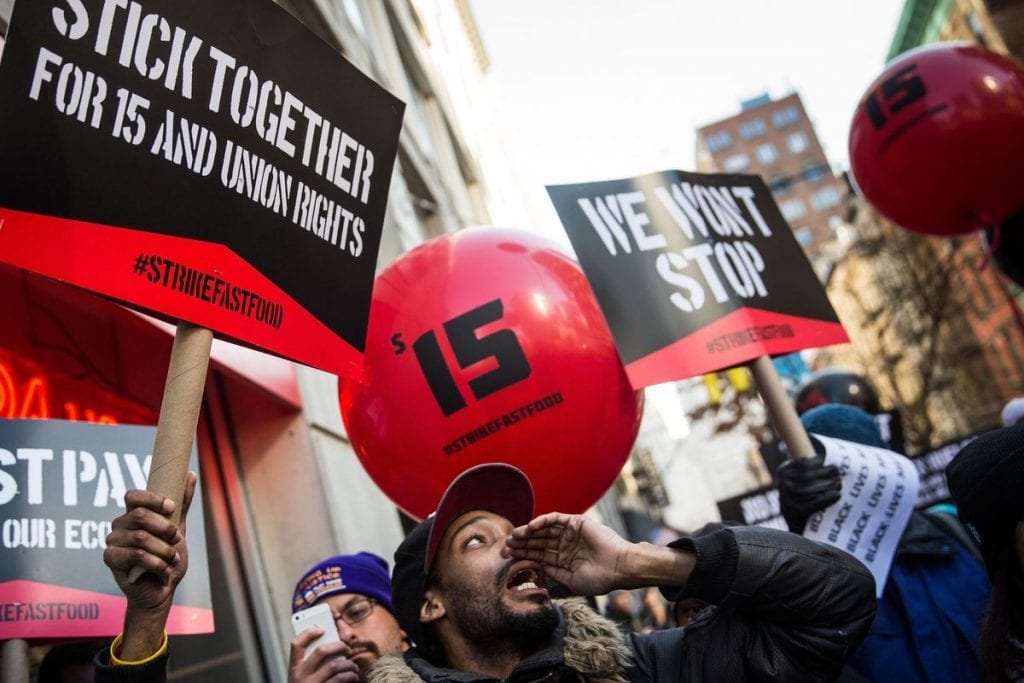Last year, researchers from the University of Washington Foster School of Business found that the Seattle Minimum Wage Ordinance may have been hurting workers. However, just over a year later, those findings have come into question—according to the same researchers.
The initial National Bureau of Economic Research’s June 2017 report “Minimum Wage Increases, Wages, and Low-Wage Employment: Evidence from Seattle,” concluded that the law changes “significantly reduced the working hours of these same workers.” Citing the study, established think-tanks like the American Enterprise Institute pounced, connecting the “economic death wish” policy to Seattle metro restaurant closings in the mid-2010s. However, the researchers behind the initial study have all-but recanted their findings.
The Seattle Minimum Wage Ordinance had been often blamed for restaurant closures in the city, but updated research from UW Foster found that the effects were largely minimal, if not slightly positive / Photo via Matt’s In The Market
In a summary of the new findings, authors Ekaterina Jardim, Mark C. Long, Robert Plotnick, Emma van Inwegen, Jacob Vigdor, and Hilary Wething conclude the following:
“On net, the minimum wage increase from $9.47 to as much as $13 per hour raised earnings by an average of $8-$12 per week. The entirety of these gains accrued to workers with above-median experience at baseline; less-experienced workers saw no significant change to weekly pay. Approximately one-quarter of the earnings gains can be attributed to experienced workers making up for lost hours in Seattle with work outside the city limits. We associate the minimum wage ordinance with an 8 percent reduction in job turnover rates as well as a significant reduction in the rate of new entries into the workforce.”
Author Barry Ritholtz, founder of Ritholtz Wealth Management, was openly critical of the initial study. He wrote about what he felt were large flaws in Bloomberg:
“Much of the hand-wringing was based upon a deeply flawed University of Washington study. As we noted in 2017, the study’s fatal flaw was that its analysis excluded large multistate businesses with more than one location. When thinking about the impact of raising minimum wages, one can’t simply omit most of the biggest minimum-wage employers in the region, such as McDonald’s and other fast-food chains, or Wal-Mart and other major retailers. These are the very employers that were the main target of the minimum-wage law; indeed, the law established an even higher minimum wage of $15.45 an hour for companies with 500 or more employees.”
Ritholtz acknowledges that Seattle’s overall job growth may be influencing the upward trajectory of the minimum wage changes. However, he also indicates studies since the mid-90s that validate the notion that wage increases do not depress employment.
You can find the updated “Minimum Wage Increases and Individual Employment Trajectories” study here.
